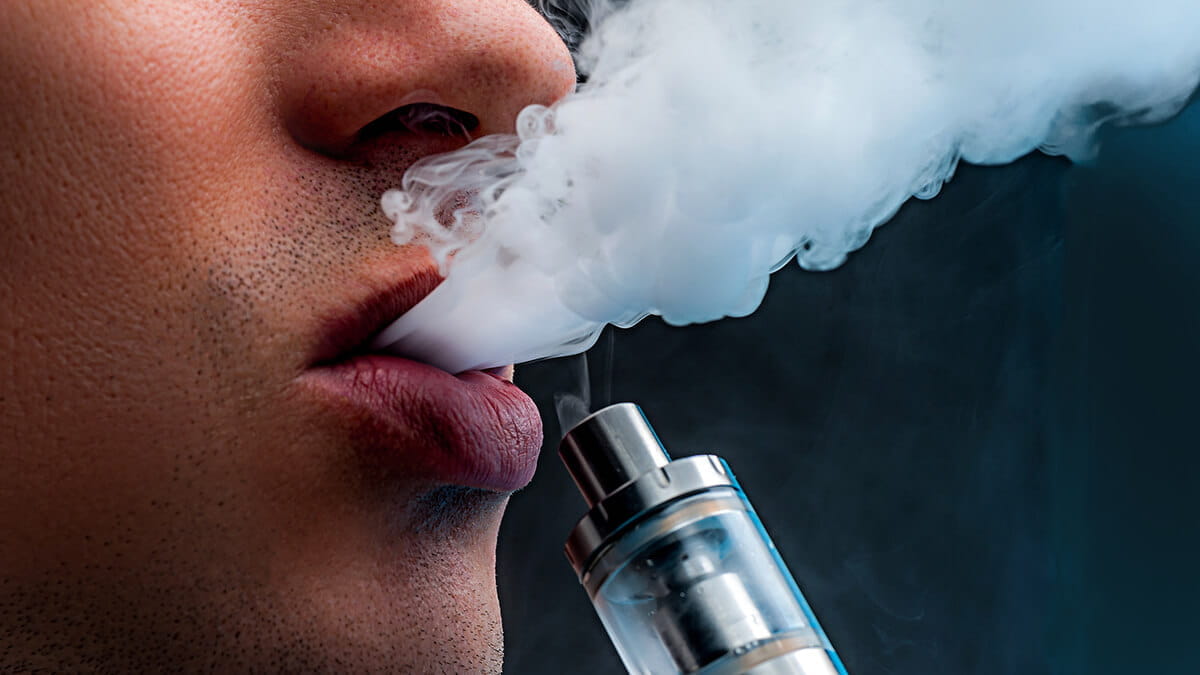
Health experts, particularly in the United States, are looking for ways to treat the vaping ailment and get the sale of vaping goods outlawed in order to save the lives of young people. The Centers for Disease Control and Prevention (CDC) has come up with a new moniker for the fast spreading disease: EVALI. The condition that has been linked to e-cigarette smoking is on the rise, and researchers are working to find a cure. The lung damage caused by e-cigarette use is becoming increasingly lethal. Initial evaluation, treatment criteria, hospital admission criteria, patient follow-up, and high-risk categories are among the new specific interim recommendations proposed in the case of EVALI.
In order to keep death and morbidity rates down, health officials are working to speed up the identification and treatment of EVALI. Measures like evaluating community-acquired pneumonia and making early assessment suggestions during flu season are two examples. The treatment recommended by the recommendations is corticosteroids. The medicine has resulted in an 82% improvement in symptoms. It is imperative to avoid the use of corticosteroids in infectious diseases like pneumonia, since the illness will only become worse. The CDC is working on new recommendations for EVALI healthcare meetings in light of the seemingly endless stream of data that has been collected. As the particular chemical that causes the ailment is yet unclear, the government has recommended individuals, especially minors, to avoid using goods containing THC or nicotine. Nearly 1,299 EVALI instances have been documented in the United States, resulting in the deaths of 26 persons across 21 states.
Additionally, the vaping-related lung damage that has claimed the lives of nearly 29 people and sickened over 1,000 others in the United States is unlikely to affect residents of the United Kingdom or other countries, due to the relatively low use of potentially dangerous products in those countries. There is a lack of regulation in the United States as compared to other nations, such as Britain, when it comes to the selling of e-cigarettes and other potentially harmful items. As a result, politicians and health officials should establish strict criteria for the sale or prohibition of suspicious goods.

Be First to Comment